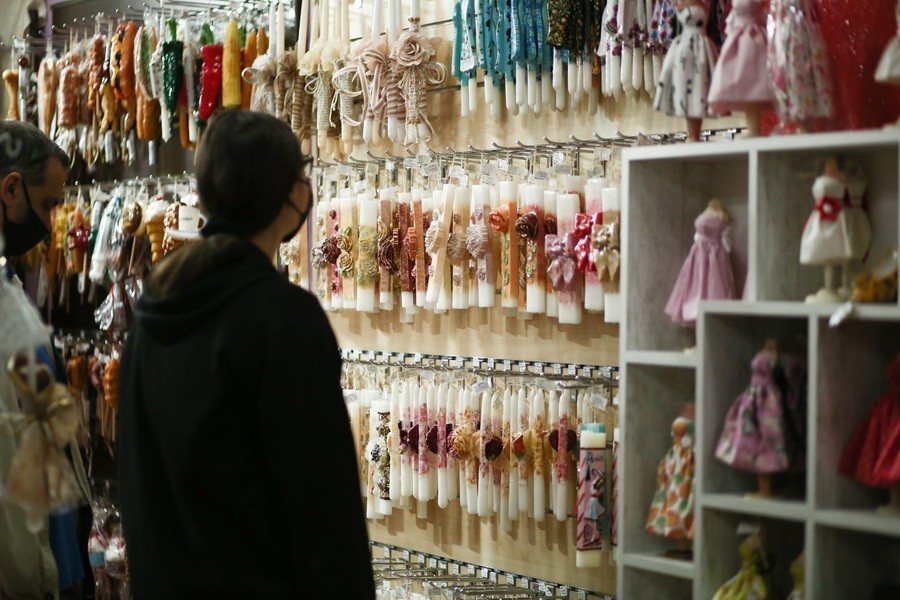
Brussels must get closer to EU citizens, states European Commission spokesperson Schinas
Europe is not Brussels, European Commission Spokesman Margaritis Schinas told Athens-Macedonian News Agency (ANA) in an interview, calling for a focus away from the decision center to focus on the citizens of the EU instead. His term for this is to “de-Brusselize” Europe.
As Schinas explained to ANA, “Brussels is the geographic fusion point of Europe, but we must not ‘Brusselize’ Europe – this would be a great mistake.” What should happen instead, he said, is “we must bring Brussels closer to society, we must take it beyond the institutions, we must bring our histories and our successes closer to (EU) peoples: to listen more, to hold a dialogue with social forces – the active social forces -, the real economy, and with social partners.”
The term ‘de-Brusselization’, he told ANA, “may shock some people, especially coming from someone who has spent many years of his life in Brussels, but I think that this has now become a great priority.”
On another subject, the recent visit to North Macedonia by Prime Minister Alexis Tsipras heading a delegation of ministers and business owners, Schinas said that the visit was part of the idea of “a European normalization in the western Balkans, where Greece maintains and should maintain a decisive role.”
The Greek economy itself, he noted, “is in a process of being reset – we are firmly in growth paths, with employment rates rising,” while “Greece, due to its partners’ solidarity, is currently the country with the best debt-servicing profile in the world.”
On the upcoming Europarliament elections in May, the Commission spokesman told ANA that “the greatest challenge is how pro-European and pro-stability forces may gain a majority voice in the next five-year term.” He also noted that the rise of populism and Euro-skepticism was not surprising, but attributed it to three factors: to the force and depth of the economic crisis, which is becoming part of the past; to the first phase of handling the migration crisis “which shook much of the European status quo and changed a lot in the domestic political dialogue of many European countries”; and to “a coordinated factor by external powers – well-known shadow (power) centers – which use technology and social media networks to exaggerate and blow such difficulties out of proportion.”
The European Commission spokesman issued a warning on the rise of the far right in Europe, noting that Europe cannot afford to let the extreme right win in the elections. “In Europe we know how the story ended every time – twice in the past century – when these powers gained the upper hand: the first time at military cemeteries and the second at crematoria,” Schinas said.
“Since we have lived through these tragic experiences and know what will happen when they gain the upper hand, we must put up a resistance,” he stressed.
Source: ANA-MPA
Tayyip Erdogan is an enemy, not a U.S. ally: Radically re-think relations with Turkey

